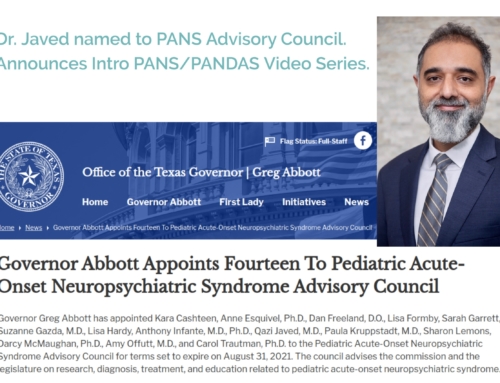Did you know that humans have about 24,000 genes? These genes make us who we are. Within our genes lie the instructions for who we are and what we can and will become.
Your genes determine your personality, your temperament, how you can stay healthy, and even your susceptibility to certain illnesses. These genes are complicated like the night sky and equally mysterious.
What is food for one man may be bitter poison to others – Roman poet, Lucretius
With recent advances in our understanding about the field of genomic medicine, we are at the threshold of an era of fully personalized healthcare.
Now psychiatrists, especially holistic-minded practitioners, have the opportunity to design mental health treatment strategies based on their patients’ unique individual differences. Knowing these genetic differences also means that now we do not have to wait for patients to get sick. The more patients know more about their genes, the more they can make lifestyle changes that can minimize chances of illness and maximize chances for vibrant health.
At Integrative Psychiatry-Austin we have been busy researching genomic medicine, or the science of using genetic information about a patient as part of their clinical care. We use nutrigenomics to determine nutritional needs to enhance functioning. We also use pharmacogenomics, or the science of applying genetic information to pharmacology.
Because of our holistic philosophy, we believe that physical health is dependent on mental health, and mental health is dependent on physical health. Often times the distinction between these two is minor. They are inextricably interwoven and treatments for mental health may be physical. Likewise, treatments for physical health may be mental.
In our efforts to improve lives and functioning, we often recommend genomic testing for our patients. It allows us to look at the map of their human genome, or DNA in order to make sound clinical decisions.
Various examples of times our patients might be asked to do genomic testing include:
- They want to improve functioning
- They’re seeking treatment methods besides psychiatric medications
- They’re investigating chronic health conditions
- We’re having difficulty finding the right treatment strategies.
- They’re extremely sensitive to certain treatment strategies
- Their labs show something puzzling
We work with software that helps us crunch all the genetic data our genomics studies collect with our patient’s laboratory test results to come up with personalized treatment strategy.
This kind of mental health treatment exploration is a labor of love. The most vital and foundational genetic markers are addressed first. These often provide a way to address other markers that can only be corrected once a good solid base is established. This involves gentle approaches that over a period of time and yields powerful results.
One example is the gene MTHFR. Did you know that it is not very beneficial to address MTHFR without addressing other foundational genes like histamine metabolism or genes affecting your microbiome?
We invite you to discuss genomic testing with me or other members of my staff. Not a patient yet? Visit the Become A Patient page and let’s talk!






